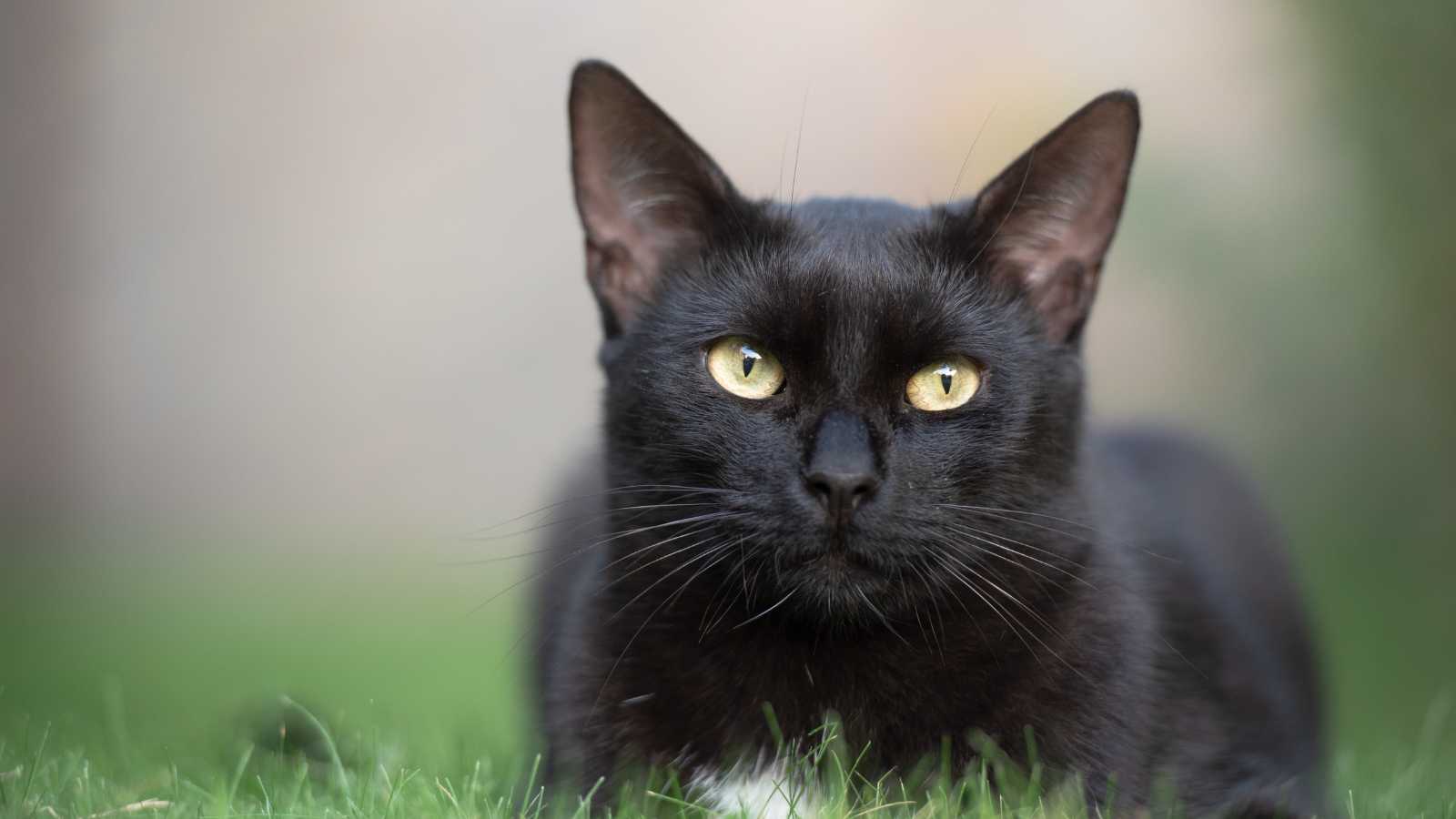House fires can happen in an instant, yet many people don’t even think about being prepared. Pets face many risks during a fire, from hiding in unsafe spots to suffering from smoke inhalation. North Powers Animal Hospital wants to help families understand the importance of fire safety planning for pets, so you’ll be ready to act quickly if the unthinkable happens.
Fires Are Especially Dangerous for Pets
Pets rely on their instincts when they sense danger, and unfortunately, those instincts can put them at risk during a fire. Many pets hide under beds, in closets, or behind furniture when frightened, making them harder to rescue. Smoke and toxic fumes can affect animals more quickly because of their smaller size. Pet-specific fire safety planning is so important.
Fire Safety Tips for Pet Owners
Tip #1: Create a Fire Emergency Plan
Include your pets in the process of creating an escape plan. If there is more than one person and pet in your household, decide who will be responsible for grabbing which pet. Practice fire drills that include pets, so they are familiar with being quickly secured and moved.
As a note, do not waste time searching your whole home for a pet that is hiding during a fire. You must put your own safety first. Call out to your pet while heading for an exit.
Tip #2: Use Pet Alert Window Clings
Place a decal or cling on your front window listing the number and type of pets in your home. This helps firefighters know how many animals to look for if you aren’t home when a fire breaks out, if the blaze isn’t too dangerous for them.
Tip #3: Keep Leashes, Carriers, and Pet Supplies Accessible
Time is everything in a fire. Keep leashes by the door and carriers in an easy-to-reach place so pets can be quickly secured. For cats or nervous pets, consider keeping carriers assembled and ready at all times.
Tip #4: Prepare a To-Go Pet Kit
If you need to evacuate quickly, having a pet emergency kit ready saves precious time. Pack food, bottled water, medications, a pet first-aid kit, and comfort items in a portable bag you can grab on your way out. Store this kit in a safe, temperature-controlled space near an exit. Be sure to check it regularly to replace expiring food or medications.
Tip #5: Reduce Fire Hazards in Your Home
Many household fires are preventable. By pet-proofing your home, you reduce the risk of fires starting in the first place. Pet-related risks include:
- Stovetops: Curious pets can accidentally turn on burners. Consider using safety knobs or covers.
- Candles: Use flameless candles to avoid the risk of being knocked over.
- Electrical cords: Keep cords tucked away to prevent chewing and sparks.
Veterinary Care After a Fire
If your pet has been exposed to smoke or fire, seek urgent veterinary care immediately. Symptoms such as coughing, wheezing, red eyes, or lethargy may signal smoke inhalation or other complications. Even if they appear fine, hidden issues can develop later.
Preventive veterinary care is an important part of fire safety, too. Microchipping and updated ID tags can make a difference if your pet escapes during a fire. Vaccinations will be necessary if relocation, hotels, or boarding is necessary after a fire.
Prepare Your Pet for Fires in Colorado Springs, CO
Fire safety planning should include every member of your family, including your pets. North Powers Animal Hospital has preventive and emergency veterinary care in Colorado Springs for pets from Monument, Colorado Springs, Falcon, and neighboring areas. Together, we can give your pets the protection they deserve. Contact us for trusted veterinary care.


